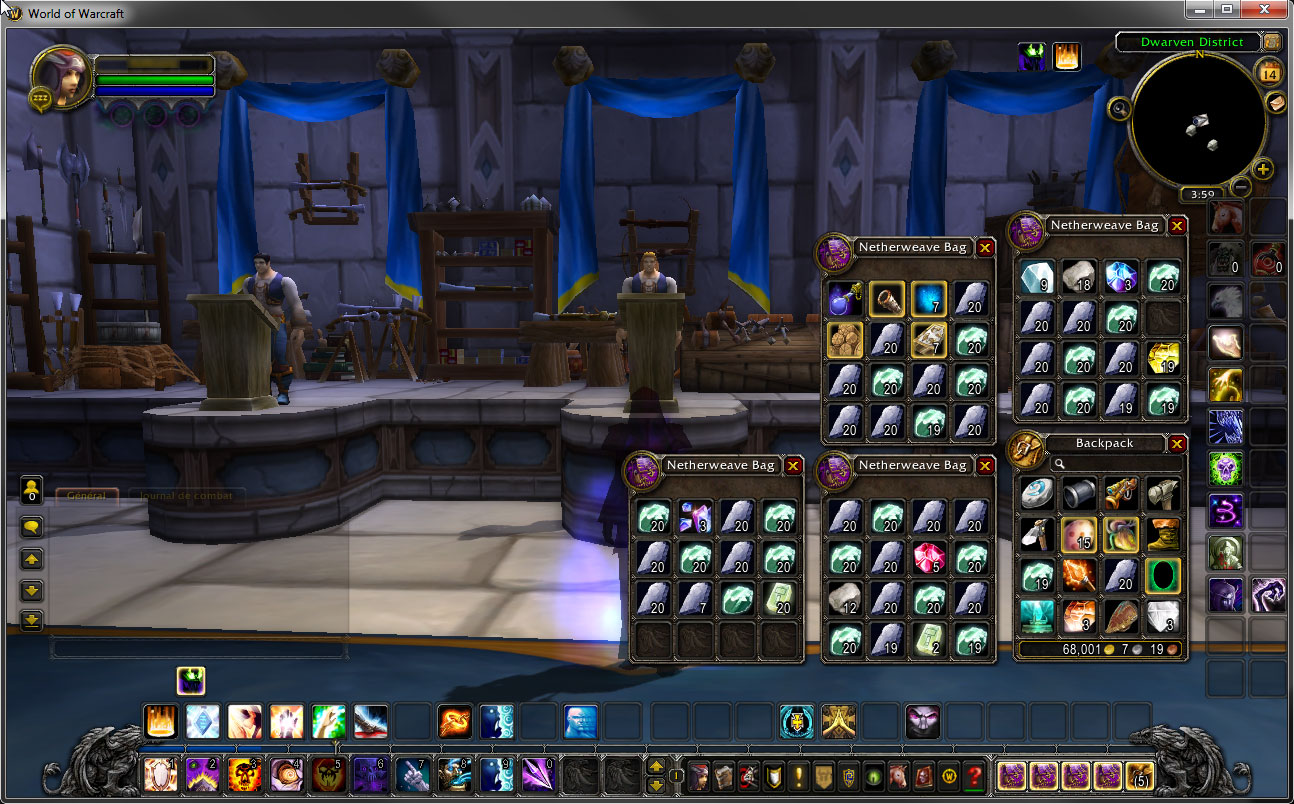
This is a single-institution, open-label, early-phase study to assess the ability of ribociclib (LEE011) to inhibit CDK4/CDK6/Rb/E2F signaling and cell proliferation/viability in core and infiltrating tumor tissues obtained from patients with recurrent glioblastoma or anaplastic glioma compared to the baseline/primary pathologic tumor specimen. Abundant preclinical evidence indicates that Rb-deficient cancer cells are resistant to CDK4/6 inhibition and ongoing trials with CDK4/6 inhibitors exclude patients with Rb-deficient tumors. The investigators will evaluate 10 patients with Rb-positive glioblastoma or anaplastic glioma in this study. Given that a minority of glioblastomas ha Rb loss the investigators anticipate enrolling a maximum of 20 patients, to meet our goal of 10 patients with Rb-positive tumors. Condition or disease Intervention/treatment Phase Glioblastoma Glioma Drug: Ribociclib Phase 1. Preliminary evaluation of efficacy and determination of the ribociclib safety profile in patients with brain tumors will be studied.

The new Ribble Endurance SL R Series sits at the top of the Ribble Endurance range and is an ultralight road platform designed for Endurance racing and riding. Your first classroom lab build project is here Riley Rover Build Instructions Resources for Programming Basic move block programming video. Tutorial Make Your Robot Move Other EV3 Programming Tutorials Intro to EV3 Programming EV3 Programming Making programs in Ev3.
All patients will be treated with ribociclib (600 mg/day) for 8-21 days before surgical resection of the recurrent tumor. Rb status of the recurrent tumor will be determined by immunohistochemistry within 2 weeks after surgery.
Patients with Rb-positive tumors will continue treatment with ribociclib (21 days on, 7 days off) after surgery. Patients will be treated until unacceptable toxicity is observed, or until disease progression as assessed by radiographic or clinical metrics.
We will determine whether molecular markers associated with changes induced by ribociclib treatment in tumors (matching initial vs. Recurrent tumors) correlate with progression-free survival.
Approximately 20% of patients with recurrent high-grade glioma will undergo surgical resection of their tumor typically at the time of first recurrence. These patients will be eligible for this study. An extra 10 mL of blood will be collected during a routine clinical procedure prior to initiation of ribociclib treatment (i.e., baseline blood sample), separated into plasma and buffy coat fractions, and frozen for pharmacokinetic (PK) analysis. Patients will be treated with ribociclib for 8-21 days prior to surgery to identify drug effects on tumor cells, and to determine drug PK. The last presurgical dose of ribociclib will be administered on the day of surgery at 4-8 hours prior to surgery to allow sufficient time for the drug to enter tumor cells, inhibit CDK4/6, and modulate downstream effectors. Blood will be acquired within 1 hour before surgery (as close to the time of surgery as possible). Blood will be separated into plasma and buffy coat fractions, and frozen.
During surgery, samples of brain tumor core and infiltrating brain tumor will be acquired. Tissue samples will be frozen or fixed in paraffin embedded blocks and histology for PK and molecular analyses. Layout table for study information Study Type: Interventional (Clinical Trial) Actual Enrollment: 3 participants Intervention Model: Single Group Assignment Masking: None (Open Label) Primary Purpose: Treatment Official Title: Early-Phase Study to Assess Tumor Pharmacokinetics and Efficacy of the CDK4/6 Inhibitor Ribociclib (LEE011) in Patients With Recurrent Glioblastoma or Anaplastic Glioma Study Start Date: March 2016 Estimated Primary Completion Date: September 2019 Estimated Study Completion Date: January 2020. Es file explorer 1613 apk download.
Concentrations of ribociclib will be gathered from tumor core and infiltrating tumor tissue which is gathered at the time of initial surgery for the removal of the patients tumor. This will be completed to assess whether ribociclib treatment induces changes in brain tumor cell fate (proliferation, apoptosis, senescence) and E2F activation. Biomarkers will be compared in ribociclib-treated recurrent tumors vs. Igo8 maps 2016.